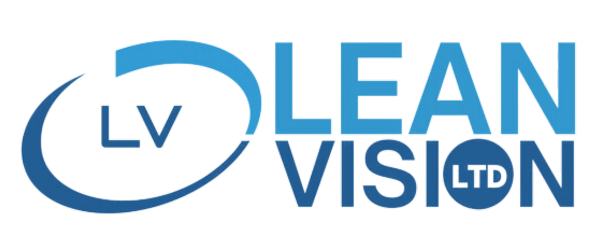Conclusion
The case study demonstrates how a strategic approach to supplier management can transform a critical business function. By addressing specific challenges and implementing targeted solutions, the rotary wing aircraft manufacturing company was able to enhance its supply chain performance, reduce risks, and position itself for long-term success. The experience underscores the importance of the Enterprise Health Check assessment, data-driven insights, and tailored strategies in achieving operational excellence.
Note: The above values are estimated variables and are subject to change depending on the scope, volume, complexity, and unique circumstances of each client.
